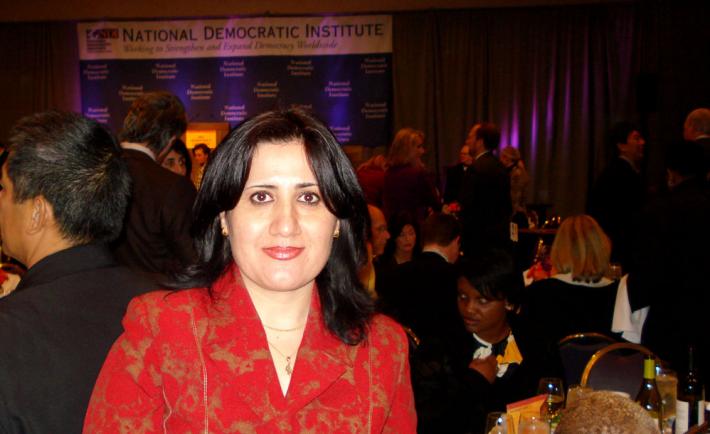
Ferdos Majeed was selected the first Andi Parhamovich Fellow in 2008. Ferdos worked with closely with Andi in Iraq so her selection was a fitting tribute.
January 17th, 2017, marks the 10th anniversary of the death of NDI Baghdad employee Andi Parhamovich and three security personnel during an ambush in Baghdad, Iraq. While there is no way to adequately respond to such a tragedy, the Parhamovich family hoped to find a way to continue one of Andi’s passions: increasing women’s participation in politics. The Andi Parhamovich Fellowship was created so that young women from all parts of the world would be able to take advantage of resources and connections in Washington D.C. that they could then take home to their countries and move forward Andi’s goals.

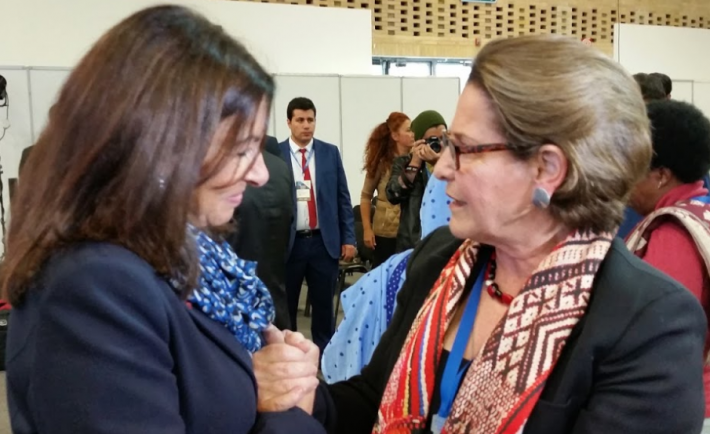
.jpg)
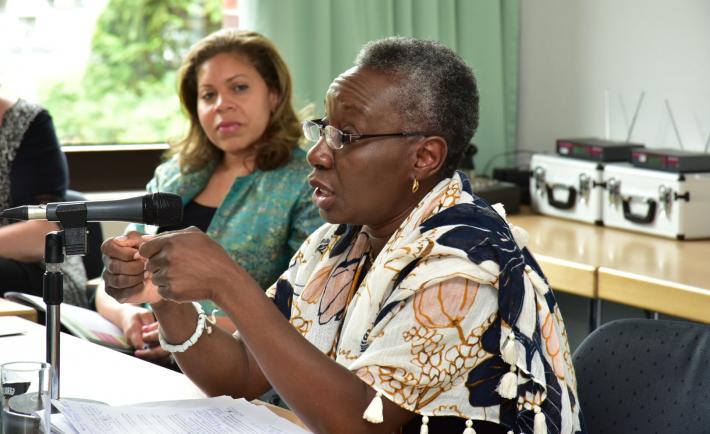
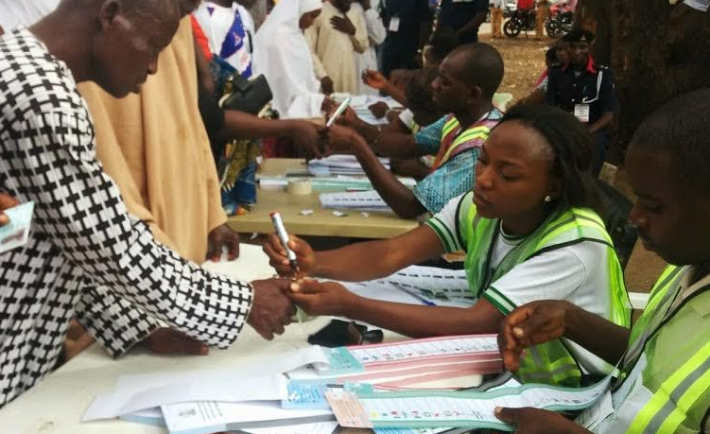
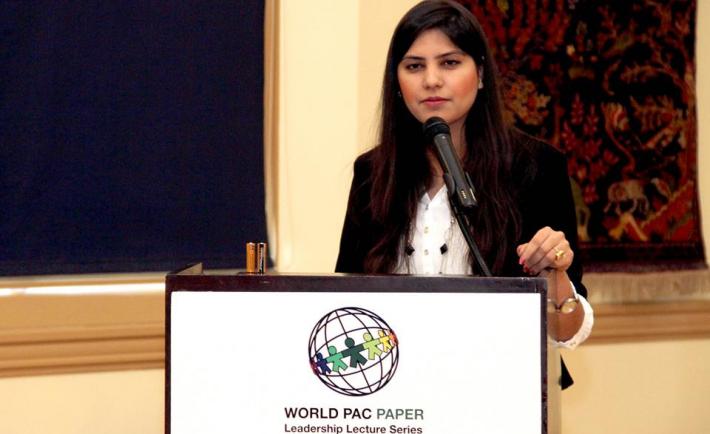
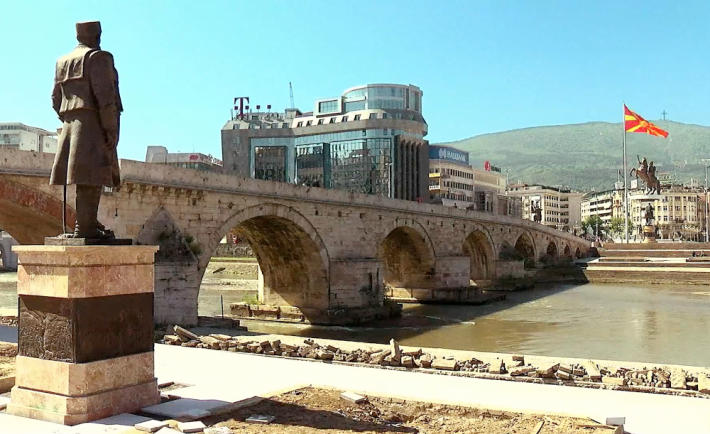
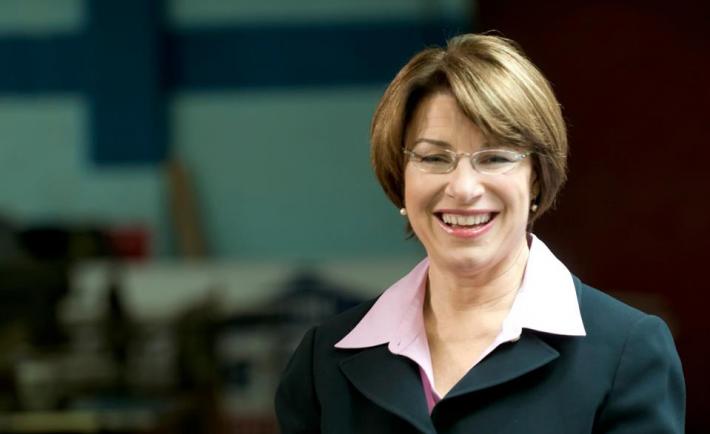
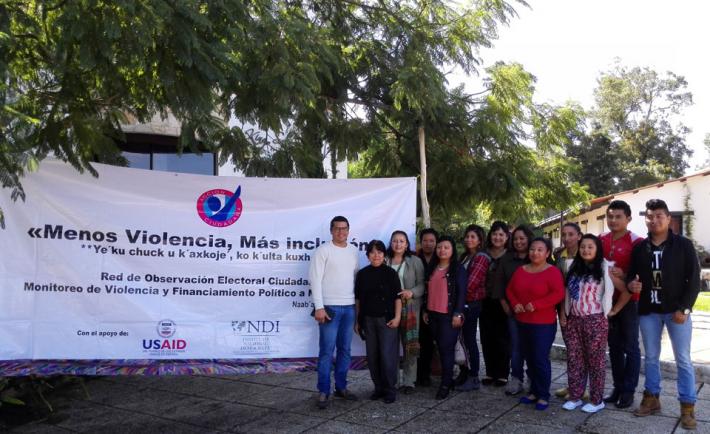
_1_1.jpg)